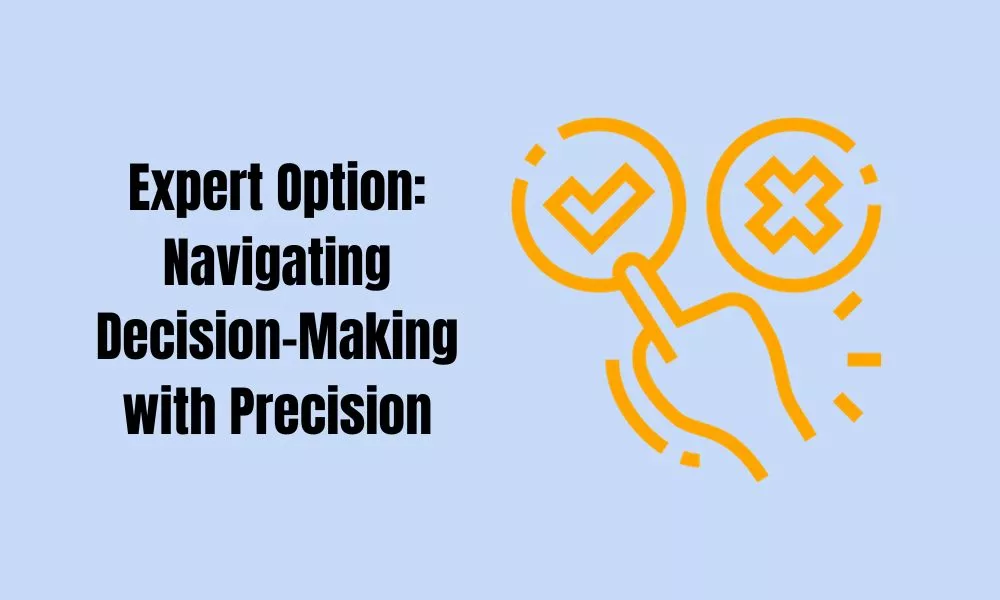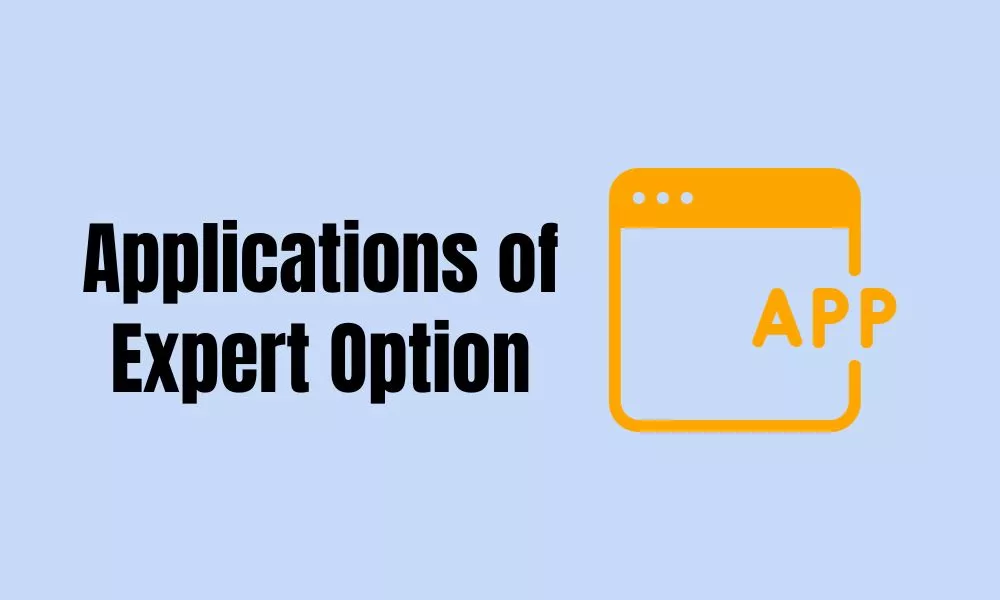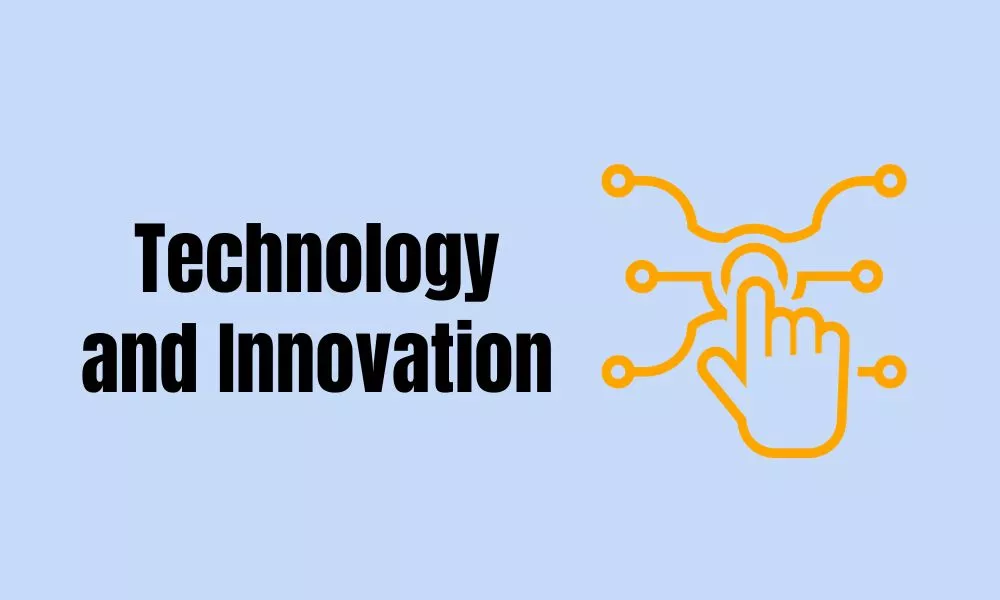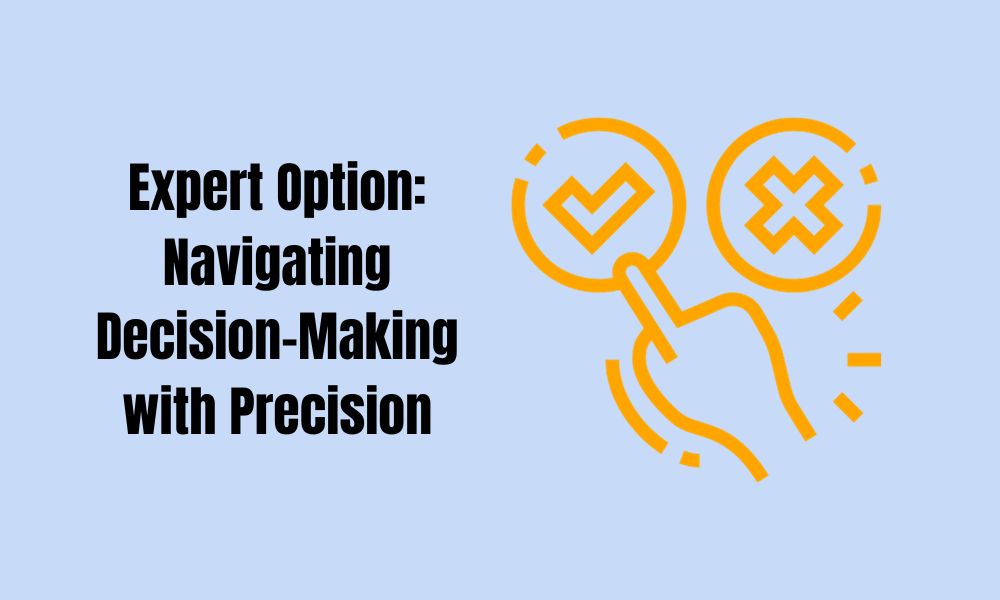In a world fueled by information and complexity, the concept of “Expert Option” has emerged as a crucial element in decision-making across various domains. Experts, individuals possessing specialized knowledge and skills in specific fields, play a pivotal role in shaping strategies, solving problems, and guiding advancements. This article delves into the characteristics, types, applications, challenges, and future trends associated with Expert Options.
Characteristics of Expert Option
Specialized Knowledge and Skills
Experts, by definition, possess a deep understanding of a particular domain. This expertise is the result of years of education, training, and hands-on experience. Whether it’s a medical professional diagnosing a complex condition or an engineer designing intricate structures, specialized knowledge forms the foundation of expert decision-making.
Advanced skills complement this knowledge, enabling experts to navigate complex challenges. These skills often include critical thinking, pattern recognition, and the ability to synthesize information rapidly. The combination of knowledge and skills empowers experts to provide valuable insights and solutions.
Analytical Thinking
Analytical thinking is a hallmark of expert decision-making. Experts excel in dissecting information, identifying patterns, and extracting meaningful insights. This analytical prowess allows them to make informed decisions based on a thorough understanding of the nuances within their respective fields.
Moreover, experts are adept at problem-solving. They approach challenges methodically, breaking them down into manageable components and applying their knowledge and experience to develop effective solutions. The analytical and problem-solving dimensions of expert thinking contribute significantly to the reliability and precision of their decisions.
Decision-Making
Expert decision-making involves more than just knowledge and analysis—it requires the ability to make choices confidently. Informed decision-making is a key aspect of the expert option. Experts consider not only the immediate implications of their decisions but also anticipate potential long-term consequences.
Risk assessment and management are integral to the decision-making process. Experts weigh the potential risks and benefits of each option, factoring in uncertainties and evolving conditions. This strategic approach ensures that decisions align with overarching goals and contribute to positive outcomes.
Types of Expert Options

Professional Experts
Individuals who have undergone extensive education and training in specific fields, such as doctors, lawyers, and engineers, fall under the category of professional experts. Their expertise is crucial in providing specialized services and making decisions that have a direct impact on individuals and society.
Subject Matter Experts (SMEs)
In addition to professionals, subject matter experts (SMEs) contribute their insights to decision-making processes. SMEs possess in-depth knowledge of specific subjects and often play key roles in collaborative efforts, providing guidance based on their specialized understanding of particular domains.
Collaborative Expert Options
Interdisciplinary Collaboration
Many challenges today require expertise from multiple disciplines. Interdisciplinary collaboration involves experts from different fields working together to address complex issues. This collaborative approach fosters a holistic understanding of problems and encourages innovative solutions that leverage the strengths of diverse expertise.
Team-Based Decision-Making
Teams composed of individuals with complementary skills and expertise can collectively make expert decisions. In such settings, each team member brings a unique perspective, contributing to a more comprehensive assessment of situations. Team-based decision-making is particularly valuable in dynamic environments where multiple viewpoints enhance problem-solving capabilities.
Applications of Expert Option

Strategic Decision-Making
In the business world, strategic decision-making shapes the direction of organizations. Experts in management, finance, and marketing contribute their insights to formulate strategies that align with organizational goals. The integration of expert opinions ensures that decisions consider a broad range of factors, from market trends to internal capabilities.
Project Management
Effective project management relies on expert input to plan, execute, and monitor projects. Project managers, often experts in their respective fields, use their knowledge to navigate challenges, allocate resources efficiently, and ensure the successful completion of tasks. Expertise in project management is essential for achieving milestones and delivering high-quality outcomes.
Medicine and Healthcare
Diagnosis and Treatment Planning
In healthcare, expert opinions are fundamental to accurate diagnosis and treatment planning. Medical professionals, including doctors, specialists, and diagnosticians, rely on their extensive knowledge to interpret symptoms, conduct tests, and recommend appropriate interventions. The collaboration of medical experts ensures comprehensive and well-informed healthcare decisions.
Medical Research
Advancements in medical research are driven by the expertise of scientists and researchers. These experts explore new treatments, investigate the causes of diseases, and contribute to the overall body of medical knowledge. Their work is foundational for the development of innovative therapies and the improvement of healthcare practices.
Technology and Innovation

Product Development
In the realm of technology, expert opinions guide product development processes. Engineers, designers, and technologists collaborate to create products that meet user needs and industry standards. Expertise in emerging technologies is particularly crucial for staying ahead in competitive markets and delivering cutting-edge solutions.
Technological Advancements
Experts in technology play a vital role in driving technological advancements. From artificial intelligence to renewable energy, technological experts contribute to the development and implementation of innovations that shape the future. Their insights drive progress in various industries, impacting everything from communication to transportation.
Challenges in Expert Option
Bias and Subjectivity
Despite their expertise, experts are not immune to biases. Implicit biases can influence decision-making, leading to subjective judgments. Acknowledging and addressing biases is essential for ensuring that expert opinions are objective and fair. Additionally, ethical considerations surrounding potential biases require ongoing attention to maintain the integrity of expert decision-making.
Rapid Changes in Knowledge
In rapidly evolving fields, keeping up with advancements poses a challenge for experts. The continuous influx of new information requires a commitment to lifelong learning. Experts must adapt to emerging trends, technologies, and methodologies to remain at the forefront of their respective domains. The ability to embrace change and update knowledge is crucial for sustaining the relevance of expert opinions.
Tools and Technologies for Expert Option
Big Data Analysis
The era of big data has transformed decision-making processes. Experts leverage advanced analytics tools to process large datasets, extract meaningful patterns, and derive valuable insights. Big data analysis enhances the precision of expert decisions by providing a comprehensive understanding of complex phenomena.
Predictive Modeling
Predictive modeling allows experts to forecast future trends and outcomes based on historical data. This tool is particularly valuable in fields such as finance, where predicting market trends can inform investment decisions. The integration of predictive modeling into expert decision-making processes contributes to more accurate and forward-looking strategies.
Artificial Intelligence
Machine Learning Algorithms
Artificial intelligence (AI), specifically machine learning, has become a powerful ally for experts. Machine learning algorithms can analyze vast amounts of data, identify patterns, and make predictions. The collaboration between human expertise and AI enhances decision-making capabilities, offering a synergy that combines the analytical strength of machines with the nuanced understanding of experts.
Automation of Decision-Making Processes
Automation streamlines decision-making processes by handling routine and repetitive tasks. While automation can enhance efficiency, experts play a critical role in overseeing and contextualizing automated decisions. Striking the right balance between automation and human expertise is key to optimizing decision-making in the age of AI.
Future Trends in Expert Option
Integration of AI and Human Expertise
The future of expert decision-making lies in the seamless integration of AI and human expertise. As AI technologies continue to advance, experts will increasingly rely on intelligent tools to augment their capabilities. This collaboration holds the potential to elevate decision-making processes to new heights, combining the speed and computational power of machines with the nuanced judgment of human experts.
Evolving Role of Experts in the Digital Age
The digital age presents new challenges and opportunities for experts. Remote collaboration, virtual simulations, and real-time data access redefine how experts operate. The evolving role of experts involves adapting to digital platforms, harnessing the power of online collaboration, and leveraging technology to enhance decision-making in a rapidly changing world.
Ethical Considerations in Expert Decision-Making
As technology and data-driven approaches become more integral to expert decision-making, ethical considerations gain prominence. Ensuring the responsible and ethical use of technology, addressing biases in algorithms, and upholding transparency in decision processes are essential aspects of the evolving landscape. Ethical guidelines and frameworks will play a crucial role in shaping the future of expert decision-making.
Conclusion
In conclusion, the concept of Expert Option is a dynamic and integral part of decision-making across diverse fields. The characteristics of specialized knowledge, analytical thinking, and strategic decision-making define the expertise that experts bring to the table. Whether in business, healthcare, technology, or beyond, experts play a crucial role in shaping the present and future.
Despite the challenges posed by biases and the rapid evolution of knowledge, experts continue to adapt and innovate. The integration of tools like data analytics and artificial intelligence enhances the precision of expert decisions, while also raising ethical considerations that must be addressed.
Looking ahead, the future of expert decision-making holds exciting possibilities. The synergy between AI and human expertise, the evolving role of experts in the digital age, and the emphasis on ethical considerations are shaping the trajectory of Expert Option. As we navigate an increasingly complex world, the expertise of individuals and collaborative teams remains a guiding force, ensuring that decisions are not just informed but also considerate of the broader impact on society and the world at large.




